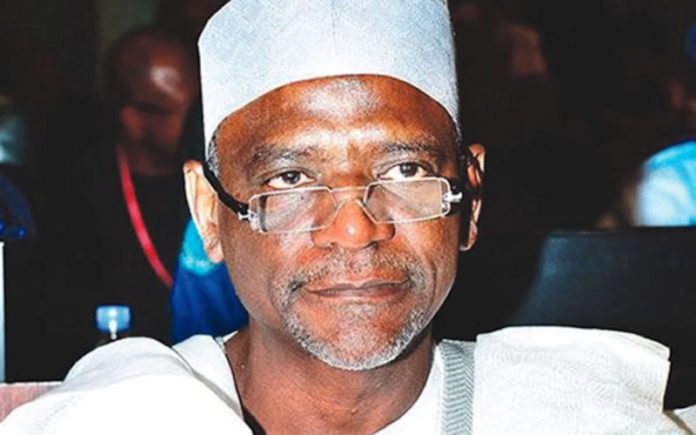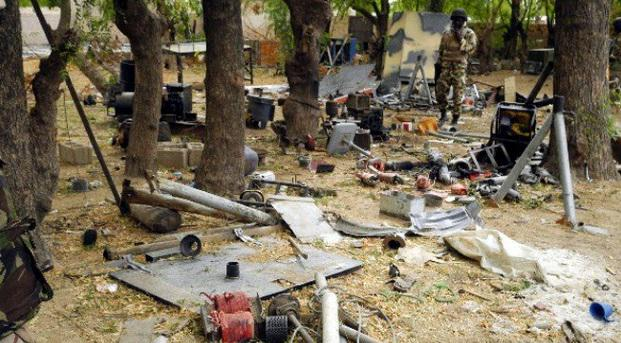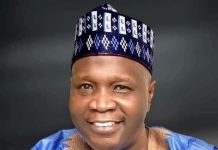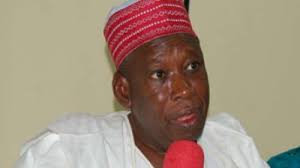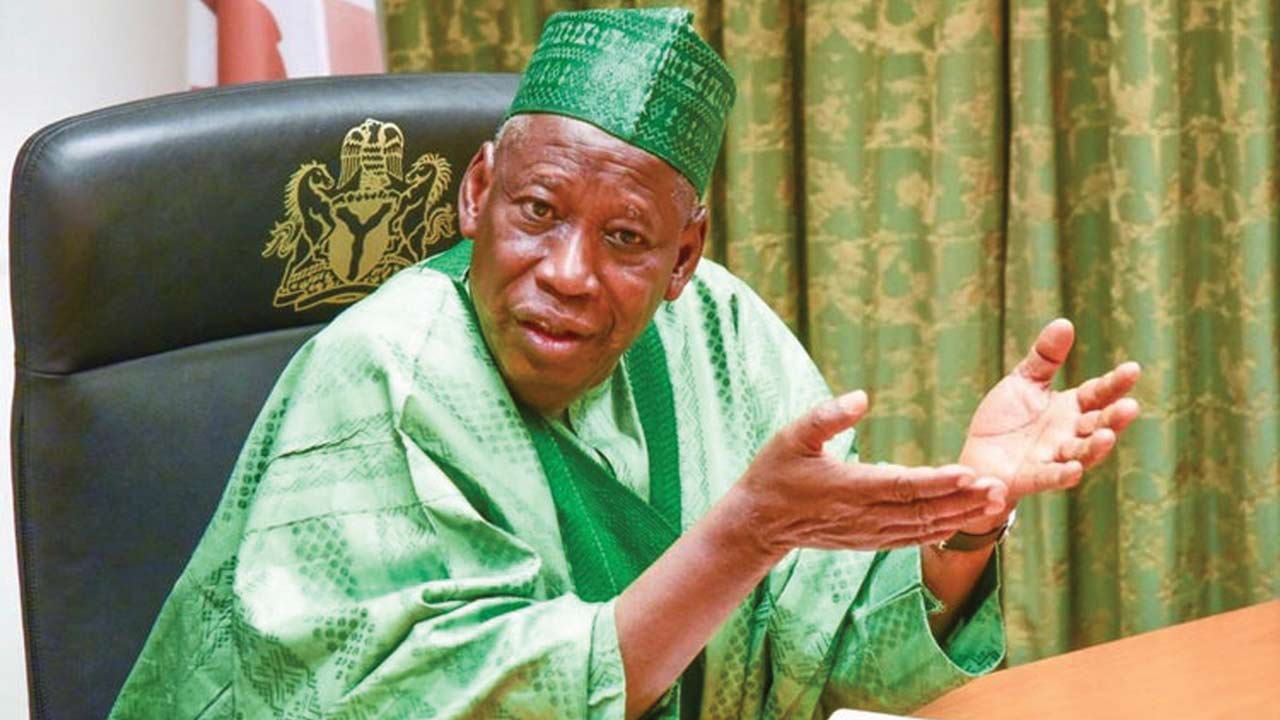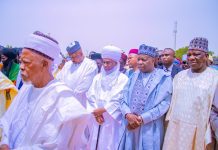By Nuel Suji – The House of Representatives on Tuesday mandated the Federal Ministry of Education to urgently cancel the merger Christian Religious Knowledge and Islamic Religious Knowledge (IRK) with civic education as a subject in schools.
Instead, the House directed that CRK and IRK be taught as a separate subject and not be lumped together with Civic Studies.
 The House also resolved that Civic Studies be made compulsory from primary school level to junior secondary school across the country but be made optional in senior secondary school.
The House also resolved that Civic Studies be made compulsory from primary school level to junior secondary school across the country but be made optional in senior secondary school.
The resolutions followed the adoption of a motion moved by Ms. Beni Lar (PDP, Plateau), during plenary session.
The motion titled: “Call to make Civic Education Optional Instead of a Compulsory Subject for Senior Secondary Certificate Examination (SSCE),’’ was passed after heated debate.
Lar, who led debate on the motion pointed to the recent controversial policy by the Ministry of Education in which CRK as a subject is subsumed in Civic studies while IRK is taught as independent subject.
“The Federal Ministry of Education introduced a revised curriculum without due consultation with parents and stakeholders and the new nine (9) year basic education curriculum on religion and national values consolidated religious education and civic education under national values and made civic education a compulsory subject for senior secondary certificate examinations.
“The curriculum for primary one to three (1-3) which is the formative stage of a child does not provide for adequate teaching of the religious beliefs of the people but rather destructive half-truths which destroys the fundamentals of the religious beliefs and erodes the essence of such religion being taught the children,” Lar argued.
She pointed out that religious education was taught as either Islamic Religious Knowledge or Christian Religious Knowledge, both of which were optional subjects and taught independently.
Lar said that the ministry introduced a revised curriculum without due consultation with parents and stakeholders.
According to her, the curriculum for primary one to three classes which is the formative stage of a child does not provide for adequate teaching of the religious beliefs of the people.
“It rather provides destructive half-truths which destroys the fundamentals of the religious beliefs and erodes the essence of such religion being taught the children.
“The new curriculum which is in conflict with certain religious beliefs also makes the teaching of those beliefs compulsory.
She pointed out that “that Section 10 of the Constitution of the Federal Republic of Nigeria, 1999 makes Nigeria a secular state, and therefore religion should be separated from national values”
Supporting the motion, Orkey Jev (APC, Benue) described the new education curriculum as policy summersault and a result of lack of consultation with the people.
Leader of the House, Femi Gbajabiamila (APC, Lagos) in his contribution stated that “any law that restricts freedom should be frowned at; you cannot instruct a child on two cultures because religion is a way of life which means, it should be something personal and not enforced or imposed on anyone
“The country is a secular nation and religion is a sensitive matter. Section 38 of the constitution already clarified this issue and the teachings of the Bible and the Quaran forbids imposition of religion on others; ‘each to his own’ should be applied in our national life.”
Gbajabiamila (Lagos-APC) said the policy is clearly against the constitution, arguing that the ministry should reframe the policy.
“Any law or policy that restricts freedom should be guided. You cannot teach a little child against his or her beliefs.
“When there is a policy of government that goes against our Constitution, such policy should be fought against by this house.
“Religion is a very significant and delicate issue; we must be very careful and be guided,’’ he said.
Moving against the motion however, Aisha Dukku (PDP, Gombe) debunked claimed of lack of consultation.
She argued that the curriculum was not done alone by the Ministry of Education but in collaboration with the National Council on Education which comprises of all Commissioners of Education and the Nigerian Education Research Council.
“As a former Minister for Education, I know the level of work that goes into curriculum making and it is not done by the ministry alone; also the ministry organized orientation recently on the new curriculum which I was there and no one is forcing any study on anyone”.
The debate generated heated arguments and confusion with Dukku suggesting that the Ministry of Education be given fair hearing.
She was however faulted by the House Leader who quickly countered, stating that constitutional matter needs no fair hearing.
Rita Orji (Lagos-PDP) said it was wrong for students to undertake religion that they were not practising from home.
“I am begging this house to save this nation and call on the ministry of education to withdraw this curriculum,’’ she said.
Aminu Shagari (Sokoto-APC) said that the issue was a Constitutional matter and should not be debated.
Shagari called for caution, urging that “we should be careful to take decisions that deals with sensitive matters.’’
Quoting section 31, sub-section 1 and 2 of the Constitution, Johnson Egbonniyma (Edo-PDP) said that the Constitution stated it clearly that children should not be taught anything outside the approval of parents or guardians.
“This issue should not even be a controversial one because it is stated clearly in our Constitution.
“Everyone has the right to what religion to practise. It is not proper for an institution to impose religion on anybody without the approval of their parent or guardian,’’ he said.
The Deputy Speaker, Yusuf Lasun who presided over the sitting, added his own personal experience where his children were taught religious study against his express instruction.
According to him, if the ministry of education had studied the Constitution carefully, it would not have introduced such policy that is totally against freedom of religion.

